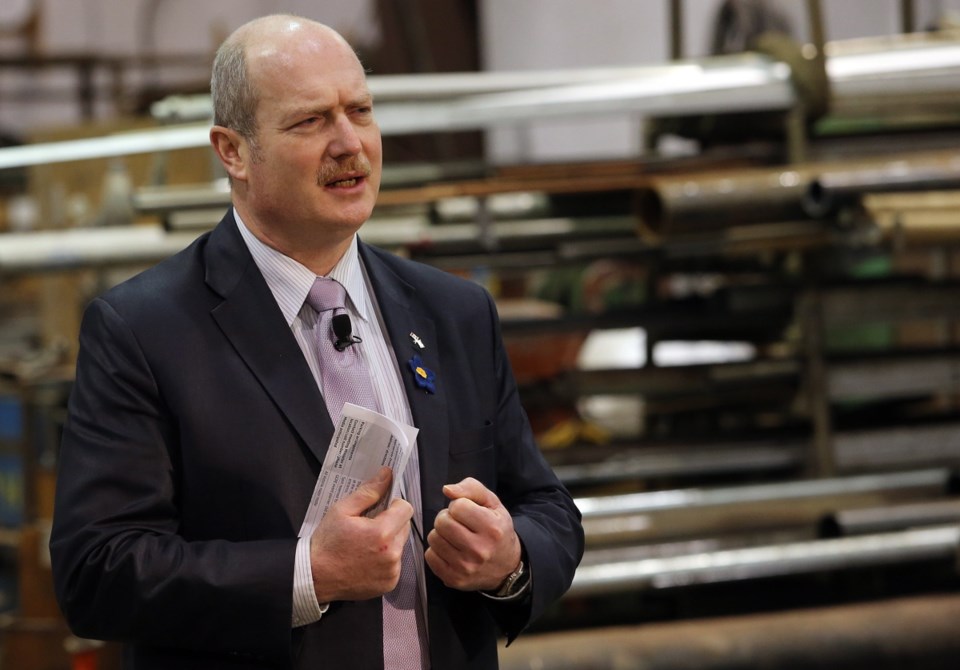The vast majority of homeowners in Greater Victoria will qualify for reduced property taxes this year despite a recent spike in assessed values, the B.C. government said Tuesday.
Finance Minister Mike de Jong announced a 33 per cent increase in the threshold for the homeowner grant, to $1.6 million from $1.2 million.
British Columbians who own homes with an assessed value below the threshold will qualify for the full grant of $570 or, in the case of a home in a northern or rural area, $770.
De Jong said 91.5 per cent of homes across the province will remain below the threshold despite rising property values.
“Virtually anyone that qualified for the homeowner grant last year is going to qualify again this year,” he said.
In the capital region, where property values have risen by up to 40 per cent in some cases, 98 per cent of homes will fall below the $1.6-million threshold in 2017, the government said.
For the remaining properties, the homeowner grant decreases by $5 for every $1,000 of assessed value above the $1.6-million threshold.
B.C. NDP housing critic David Eby said the only surprise was that the government waited so long to announce a higher threshold. “There were a lot of panicked calls, certainly to my office and I imagine to MLAs across the province, when people got their assessments, as they realized they were on the hook for so much more property tax,” he said.
“There’s a lot of people that are really highly leveraged and we know that a lot of people have seen their home prices go up around them with no way to access that money, while they live on the same income.”
Eby said the change was clearly aimed at families in the Lower Mainland where property values have skyrocketed.
“It doesn’t do anything for affordability for people across the rest of the province or renters, for that matter, who are struggling quite badly on the Lower Mainland.”
He urged voters to remember that the B.C. Liberals raised the threshold prior to the last election and then reduced it the following year.
The threshold increased from $1.285 million in 2012 to $1.295 in 2013, before being reduced to $1.1 million in 2014 as a cost-saving measure.
The next provincial election is slated for May 9.
“I think that’s a very live question,” Eby said. “If this is an election-year commitment, what happens next year? Especially, given the government’s history of changing the threshold after elections. I certainly wouldn’t put it past them, and I hope people recognize that possibility and this government’s record on housing.”
The province said it expects to spend $821 million on the homeowner grant program in 2017-18, up from $809 million this year.
Seniors or people with disabilities may be eligible for higher grant amounts that can reduce their property taxes up to $845 or, for homes in northern or rural areas, by up to $1,045.



